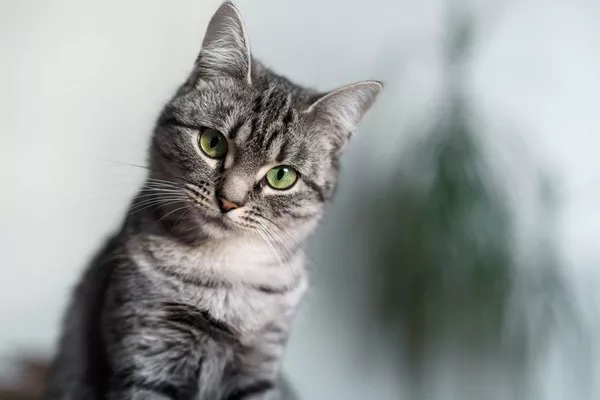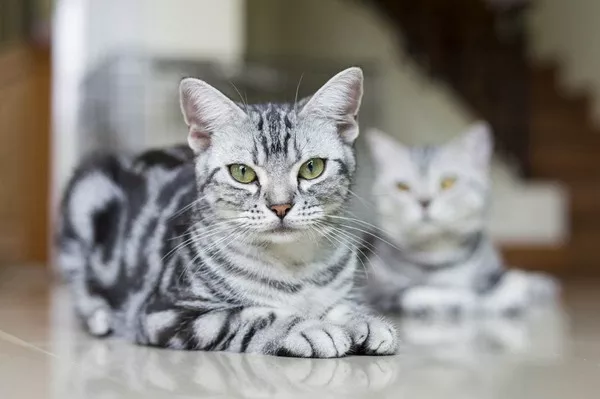As cat owners, it’s no secret that our furry friends love to sleep. In fact, cats spend up to two-thirds of their lives snoozing! But how much do American Shorthair cats sleep in particular, and what factors can affect their nap time? Let’s take a closer look.
How Much Do American Shorthair Cats Sleep?
Like all cats, American Shorthairs are notorious for their love of sleep. On average, adult cats sleep between 12-16 hours per day, with some sleeping up to 20 hours depending on age and activity levels. Kittens and senior cats tend to sleep even more than their adult counterparts.
So, how does the American Shorthair‘s sleep schedule compare? According to veterinarians, American Shorthairs tend to sleep an average of 13-14 hours per day. However, every cat is different and individual sleep needs can vary based on factors like age, health, and personality.
Factors Affecting American Shorthair Sleep Habits
While American Shorthairs may be known for their love of sleep, several factors can impact their nap time. Here are a few key considerations:
Age: Kittens and senior cats require more sleep than adult cats. If you have an American Shorthair kitten or senior cat, expect them to spend more time snoozing.
Activity Level: How active your cat is during their waking hours can impact their sleep habits. For example, an American Shorthair who spends most of their time playing and exploring may need more rest to recover than a cat who spends their days lounging around.
Environment: The environment your American Shorthair sleeps in can also play a role in their sleep habits. Factors like temperature, noise level, and lighting can all affect how well your cat rests.
Health: Underlying health conditions can also impact an American Shorthair’s sleep habits. If you notice your cat sleeping more or less than usual, it’s important to consult with your veterinarian to rule out any underlying health issues.
How Do American Shorthairs Sleep?
While American Shorthairs may sleep a lot, their sleep patterns are quite different from ours. Cats experience several stages of sleep, including:
NREM (Non-Rapid Eye Movement) Sleep: During this stage, cats are in a light sleep and can be easily awoken. They may twitch or move during this time, but are generally calm.
REM (Rapid Eye Movement) Sleep: This is the deepest stage of sleep for cats, and is when they dream. During REM sleep, cats’ eyes may move beneath their eyelids and they may twitch or vocalize.
While American Shorthairs may doze off anywhere, they tend to prefer quiet, comfortable places for their deep sleep. You may notice your cat seeking out cozy spots like sunbeams, soft blankets, or even cardboard boxes for their nap time.
The Importance of Sleep for American Shorthairs
Just like humans, getting enough sleep is essential for maintaining good health in American Shorthairs. Sleep not only helps cats recover from physical exertion, but it also supports healthy brain function, mood regulation, and immune system function.
If you notice your American Shorthair sleeping more or less than usual, it’s important to take note and monitor for any changes in behavior or health. While some fluctuation in sleep habits is normal, significant disruptions could indicate an underlying issue that requires medical attention.
Is American Shorthair clingy?
American Shorthair cats are known for being affectionate and social with their owners. However, they are not typically clingy in the same way that some other breeds can be. They enjoy spending time with their humans, but they are also independent and will often entertain themselves if left alone. Overall, American Shorthairs are a great companion breed and can make wonderful pets for those looking for a friendly and loving feline friend.
In Conclusion
American Shorthairs are known for their love of sleep, and on average, these cats snooze around 13-14 hours per day. However, individual sleep needs can vary based on factors like age, activity level, environment, and health. By understanding your American Shorthair’s sleep habits and monitoring for any changes, you can help support their overall health and well-being.

























